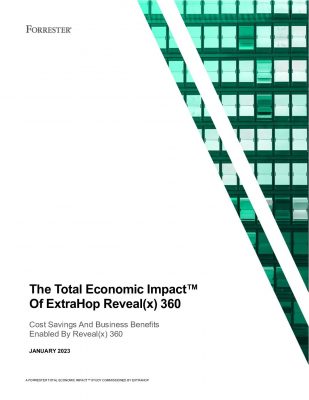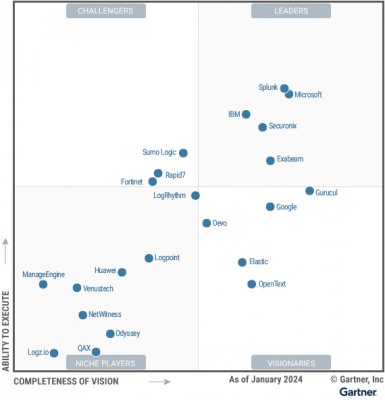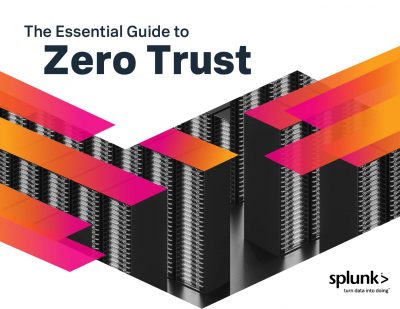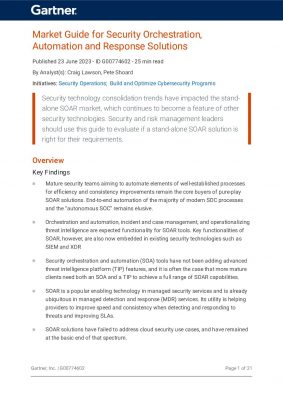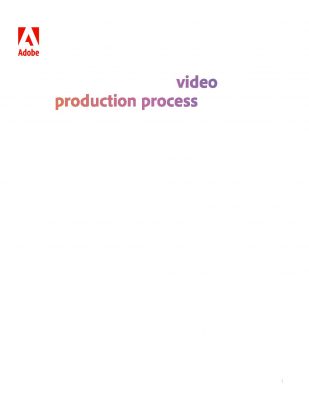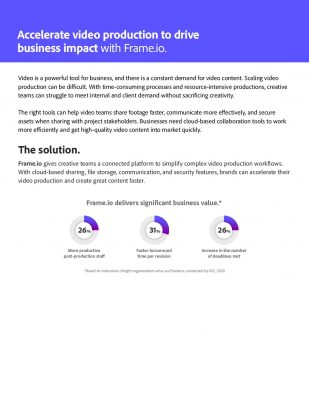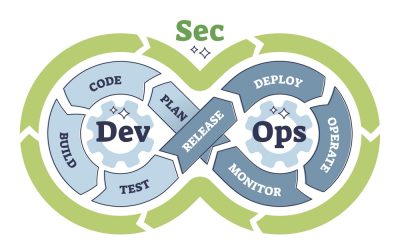Highlights:
- When marketing doesn’t coordinate spending well with partners, it reduces the effectiveness of co-op/trade promotion management (TPM).
- Marketing spend management software tracks and analyzes company-wide spending data, preventing overspending and ensuring accurate financial reports.
Marketing used to be a breeze, especially when it was limited to product promotions. Today, the focus has shifted to customer-centric marketing. Now, every marketer’s clear aim is to deliver value and exceptional experiences by understanding and meeting customers’ unique needs and resolving pain points.
Today, marketers are facing:
- Blind spots
- Inconsistent data
- Siloed campaigns
- Marketing spending inefficiency
As a result, this disparity is creating a distance between brands and customers. This blog explores the not-so-famous “marketing spend management.”
Every coming year, handling marketing investments becomes challenging and crucial. Activities such as strategy formulation, budgeting, procurement, management, and spending measurement all significantly impact a company’s overall performance and profitability.
Interestingly, the KPMG survey comes up with the below statistics of CMOs and CEOs:
- 50% of CEOs say that the CMO’s top priority should be setting the growth agenda.
- 50% of marketers say they feel more stressed when showing CEOs the value of marketing.
- 50% of marketers use quantitative figures to show the long-term results of their marketing efforts.
- 9% of marketers calculate their impact through ROI measurements.
Ultimately, with profit-driven marketing spend management solutions in place, businesses can not only boost their revenue but also effectively manage their capital.
How to Maximize Value from Marketing Spend for Revenue Growth?
Marketing spend management has become a strategic capability that will distinguish successful marketers from those who are not.
Difficulties highly influence enterprise performance in marketing planning and expenditure. Below are five areas that have a strong impact on them:
- Strategic alignment
- Channel partner commitment
- Sales productivity
- Financial reporting
- Production forecasting accuracies
Moreover, limited planning and spending management impede marketing’s ability to direct and allocate financial investments to meet strategic goals effectively.
Also, when marketing doesn’t coordinate spending well with partners, it makes co-op/trade promotion management (TPM) less effective. Adding more money and vendors makes the problem worse.
As a result, marketing’s financial shortcomings result in lengthier reporting cycles and more pronounced errors.
Therefore, marketers need to solve underlying and hidden challenges with the following practices:
-
Right people
- Delegate tasks to capable team members within the marketing department.
- Try to make your marketing plan and budget more impactful.
- Encourage marketing staff to gain financial acumen.
- Stop overreliance on agencies to manage marketing expenditures.
-
Right data
- Pay attention to how much data is allocated, spent, committed, and available.
- Record process data like the number of cycles or hours spent.
- Consolidate all marketing data into a unified system.
- Ensure consistent collection and storage of historical marketing data.
- Foster a data-sharing culture among different marketing groups.
-
Right processes
- Implement standardized processes and terminology across marketing teams.
- Continuously assess and improve marketing procedures.
- Regularly generate detailed performance reports to monitor marketing effectiveness.
- Develop standardized metrics and evaluation methods to enable fair and meaningful comparisons.
-
Right technology
- Implement robust technological solutions to support marketing plans and spending.
- Maximize tool integration for marketing operations.
How to Increase Marketing Spend Management Capabilities for Improved Marketing Performance
It’s easy to overspend on marketing. But when you have a limited budget, you need strategies and effective planning to spend wisely and protect your profits.
Rather than jumping straight into how to optimize the marketing budget, let’s pose these questions:
- Are you crystal clear on where your marketing budget goes?
- Can you pinpoint exactly how your marketing efforts generate?
- Do you have a system to track the results of your marketing tactics effortlessly?
- Need to adjust your strategy? Can you easily shift your budget to focus on new tactics?
- Are you maximizing the return on your marketing dollars across all channels, products, and departments?
- Do you learn from past campaigns? Is that knowledge feeding into your future marketing plans?
The questions above will make you think of areas where you may be falling behind and identify opportunities for improvement through targeted marketing efforts.
The following qualities are essential for enhancing your capabilities:
- Alignment: Ensuring everyone in the organization is on the same page.
- Budgetary priority: Paying attention to the financial aspects.
- Thorough perspective: Reviewing all aspects of marketing.
- Performance-driven: Considering actions that lead to results.
- Agreement on goals: Ensuring everyone agrees on what needs to be achieved.
- Financial value: Anchoring decisions in terms of their financial impact.
- Roadmap for solutions: Having a clear roadmap from start to finish.
- Integrated management platform: Utilizing a unified system for marketing spend optimization.
Best Marketing Spend Management Software for Cost Control
Marketing spend management software provides data on company-wide spending by collecting data and analyzing, helping to avoid overspending and ensuring accurate financial reporting.
When it comes to market size, the total spend management software market was worth USD 21.10 Billion in 2023 and is expected to reach USD 57 Billion by 2030, with a CAGR of 11.9% from 2024 to 2030, as per Verified Market Research.
To be included in the marketing spend management category, a product must:
- Centralize all your marketing procurement and purchasing data.
- Effectively handle your marketing budget and control spending.
- Set up regulations and automated workflows for purchase and payment consent.
- Automatically match purchase orders, invoices, and payments.
- Track spending in real time and identify optimization areas.
- Examine historical data to unveil spending patterns, trends, and cost-saving moments.
- Get practical insights for enhancing marketing budget ROI.
Closing Comments
Spend management software handles how money is spent in a company, distinct from expense management, which focuses on employee expenses. It includes sourcing, procurement, spontaneous spending, reporting, analytics, and forecasting.
Moreover, marketing spending is customized to fit the industry, size, and requirements of a company. It helps anticipate and decrease unnecessary expenses, which in turn saves money and increases profits.
In the end, cost-effective marketing spend management solutions simplify tasks, encourage teamwork, automate processes, and ensure secure access to centralized data.
Enhance your understanding by delving into various sales marketing-related whitepapers accessible through our resource center.


